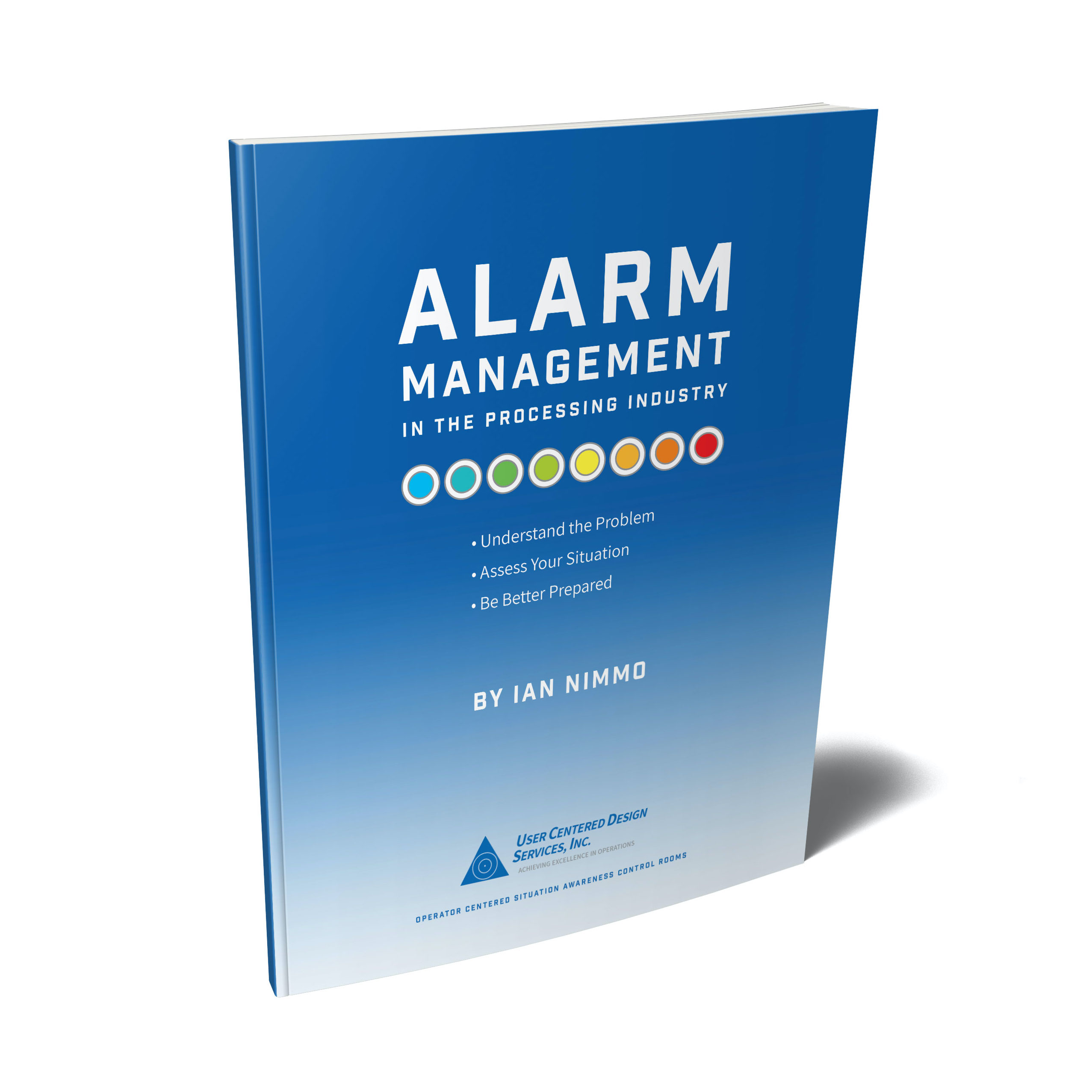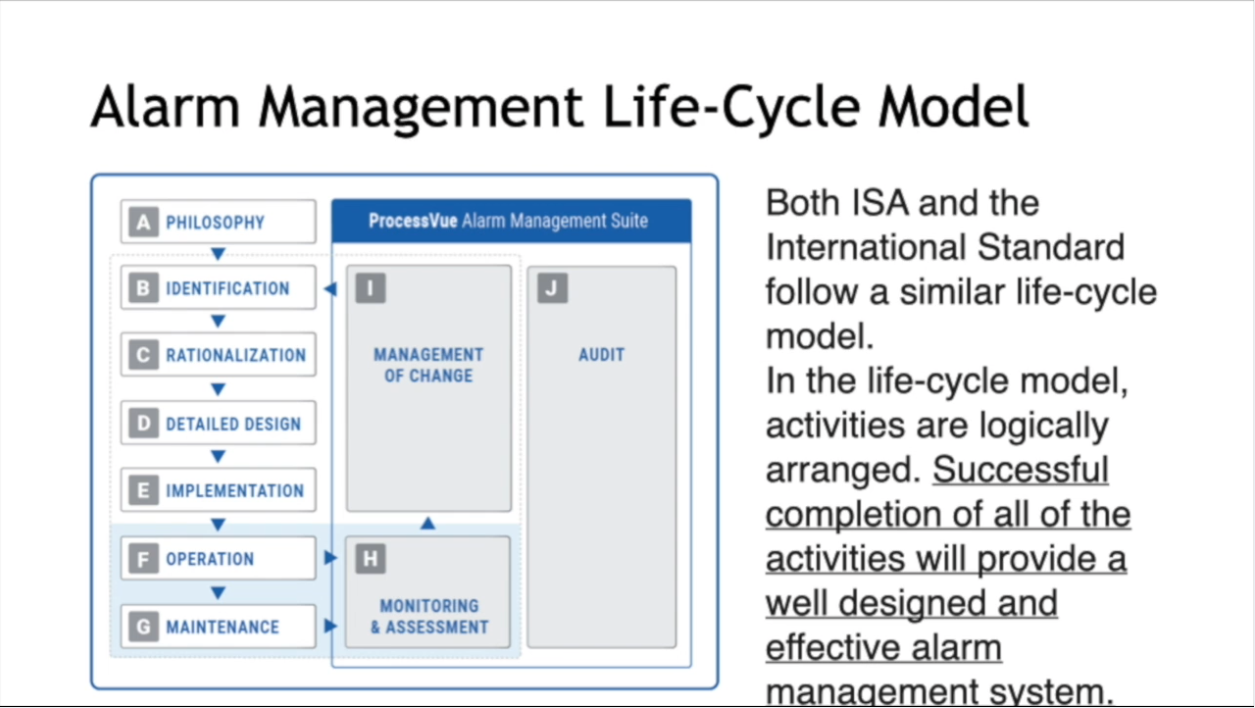Mastering Alarm Management
Alarm management is an essential aspect of any industrial control system. From small-scale facilities to large manufacturing plants, alarms play a crucial role in maintaining safety and efficiency. In this comprehensive guide, we will explore the importance of alarm management, best practices, and steps to improve your alarm system.
Why is Alarm Management Important?
In an industrial setting, alarms serve as a critical line of defense against potential hazards and equipment malfunctions. They provide operators with real-time information about the state of the plant and enable them to take corrective actions. However, poorly managed alarm systems can lead to severe consequences, such as:
- Alarm floods: An overwhelming number of alarms can cause operators to miss critical alarms, resulting in accidents or equipment damage.
- Nuisance alarms: Frequent false alarms can lead to operator complacency, reducing their ability to respond effectively to genuine alarms.
- Alarm silencing: Operators may choose to silence alarms to avoid constant interruptions, thereby increasing the risk of incidents.
To prevent these issues, effective alarm management is essential. It not only enhances the overall safety of the facility but also improves productivity and reduces downtime.
Best Practices for Alarm Management
- Develop an Alarm Philosophy
An alarm philosophy is a document that outlines the purpose, design, and management principles of your alarm system. It serves as a foundation for creating a consistent and effective alarm management strategy. Key components of an alarm philosophy should include:
- Definition of an alarm and its purpose
- Alarm prioritization criteria
- Alarm performance indicators and targets
- Roles and responsibilities of personnel involved in alarm management
- Share Situation Awareness using HP-HMI to discriminate between normal, off-normal and abnormal operating conditions.
- Guidelines for alarm documentation and maintenance
- Rationalize and Prioritize Alarms
Rationalizing and prioritizing alarms involves analyzing each alarm to determine its necessity and assigning it an appropriate priority level. This process helps eliminate unnecessary alarms and ensures that critical alarms receive the required attention. Some factors to consider during this process include:
- Consequence severity: Alarms associated with severe consequences should be prioritized.
- Process criticality: Alarms related to critical processes should receive higher priority.
- Operator response time: High-priority alarms should allow operators sufficient time to respond.
- Probability: Alarms are often classified critical but the probability needs to considered the alternative will be too many Urgent priority alarms.
- Reliability: Resolve Bad Actor alarms or nuisance alarms using maintenance techniques, alarm shelving techniques, and redesign or filtering and ON/OFF time delay techniques.
- Establish Alarm Performance Metrics
Tracking alarm performance metrics is vital for measuring the effectiveness of your alarm management system. Some common metrics to monitor include:
- Alarm rate: The total number of alarms per unit of time
- Standing alarms: The number of active alarms at any given time
- Nuisance alarm ratio: The percentage of false or unnecessary alarms
- Alarm flood duration: The length of time when alarm rates exceed a specified threshold
By regularly monitoring these metrics, you can identify areas for improvement and ensure your alarm system remains effective.
- Provide Adequate Training for Operators
Operators play a crucial role in alarm management, and their ability to respond effectively to alarms is critical for maintaining safety and efficiency. Ensure that operators receive proper training on:
- Alarm Philosophy
- Alarm system functionality
- Alarm response procedures
- Troubleshooting and maintenance of the alarm system
Regular refresher training should also be provided to keep operators up to date with any changes in the alarm system or procedures.
- Conduct Periodic Alarm System Audits
Regular audits of your alarm system are necessary to identify and rectify any issues or inefficiencies. During an audit, review the following aspects:
- Compliance with the alarm philosophy
- Alarm performance metrics
- Operator response times
- Alarm documentation and maintenance records
Implement corrective actions based on the findings of the audit to continually improve your alarm management system.
Conclusion
Effective alarm management is crucial for the safe and efficient operation of industrial facilities. By developing a solid alarm philosophy, rationalizing, and prioritizing alarms, monitoring performance metrics, providing operator training, and conducting periodic audits, you can create a robust alarm management system that enhances safety, reduces downtime, and improves overall plant performance.


